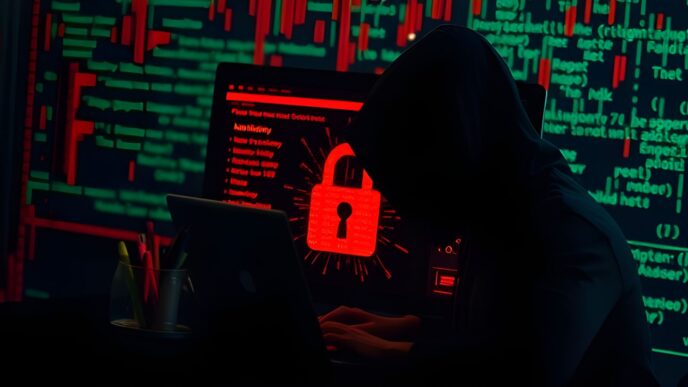The U.S. Treasury Department has officially lifted sanctions on Tornado Cash, the controversial crypto mixer once accused of helping North Korean hackers launder billions in stolen cryptocurrency.
In a statement released this week, Treasury officials confirmed they “exercised our discretion” to delist Tornado Cash after a prolonged legal fight. Sanctions previously made it illegal for U.S. individuals or businesses to transact with the platform, cutting it off from American markets.
Tornado Cash gained global attention as a crypto mixer, a tool designed to obscure the origin of cryptocurrency by blending it with other funds—legitimate or not. While mixers serve privacy-conscious users, they’ve also been criticized as ideal tools for money laundering and hiding illicit transactions.
In 2022, the U.S. Treasury accused Tornado Cash of helping North Korean hackers launder $7 billion in stolen cryptocurrency from major cyberattacks. According to officials, much of this stolen digital currency was funneled back into North Korea’s nuclear weapons program—fueling global security concerns.
The U.S. government labeled Tornado Cash as “notorious” in its statement at the time. The crackdown escalated in August 2023, when federal prosecutors charged two Tornado Cash founders in a New York court with money laundering conspiracy and sanctions violations tied to North Korea’s cyber operations.
While the platform is now officially removed from the sanctions list, the Treasury made it clear that concerns remain. “We remain deeply concerned about the growing threat of crypto hacks linked to the North Korean regime,” the agency said.
The decision to lift the sanctions does not dismiss the risks associated with crypto mixers, especially as they remain a favored tool for hackers and illicit actors looking to move stolen funds undetected.
Tornado Cash’s delisting marks a rare reversal in the U.S. Treasury’s aggressive stance on crypto-related sanctions. However, the broader scrutiny of cryptocurrency platforms—particularly those tied to money laundering and state-sponsored cyberattacks—is far from over.













